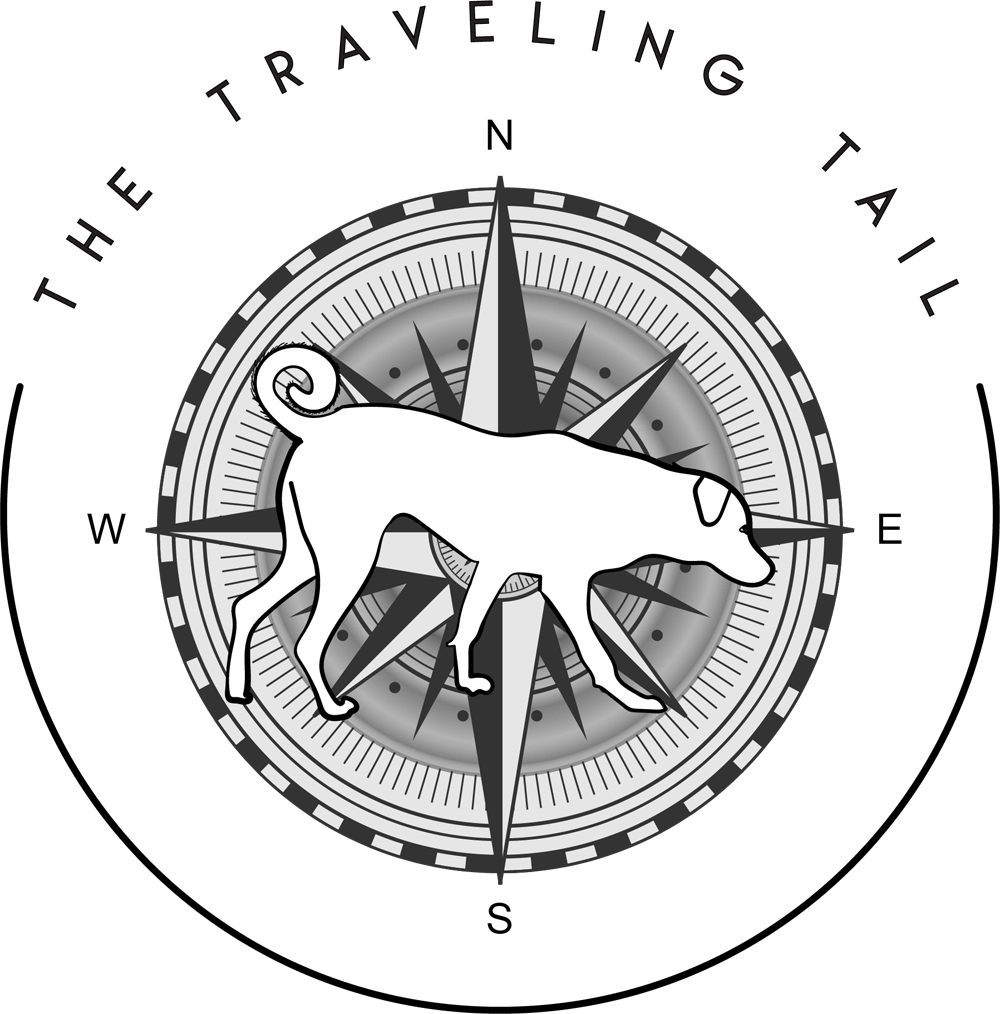Traveling With A Dog
Moving can be very stressful for a dog, so it’s always a good idea to make the transition as smooth as possible. Moving to a new country or continent presents an extra challenge, so it’s important to take that into consideration when planning your move. Here are 5 simple tips to help your dog adjust when moving to a new country.
1. Drink Bottled Water
In the same way that humans can get an upset stomach from contaminated water, so can dogs. While your dog is recovering from the trip and getting acclimated to the new climate, it’s a good idea to give them bottled water as to not further shock their system. Now this is of course is dependent on the country you have moved to, sometimes the filtered water from the tap is perfectly fine. However, do your research and have some bottled water ready to give your dog for the first few days. Then you can start mixing in the tap water to make for a softer transition on their tummy.
2. Mix Old Food With New Food
Similar to the situation with water, switching food can also cause an upset stomach. If you feed your dog kibble, it’s a good idea to bring some of the old kibble and mix it with the new kibble you will be feeding your dog. If you are not able to bring kibble with you, try to find a similar brand and feed your dog in smaller portions to see how they react. It’s normal for your dog to have a bit of a runny tummy when you move to a different continent or country, so having boiled rice and chicken on hand for a blander diet is also a good option. Definitely seek veterinary assistance if your dog has severe or prolonged diarrhea.
3. Prepare For Climate Changes
As humans, we can add or remove layers depending on how hot or cold we are. Dogs are not designed in this way and when we take them out of their accustomed climates we have to help them regulate their temperature. If the country you move to has a dramatically different climate, try to prepare for that in advance as your dog will be tired and stressed when you arrive.
If you are moving to a colder more snowy climate, have blankets and heated areas easily assessable for your dog. It’s common to salt icy and snowy roads, so have some wax for their paw pads handy to avoid any discomfort. If you are moving to a warmer more tropical climate, have a fan or air conditioned room available or a body of water close by. Be aware that humidity can cause excess skin moisture for dogs with longer fur, making them prone to getting hot spots. Warmer climates are also host to a large variety of insects and parasites, leaving your dog susceptible to new diseases and viruses. Make sure to research which diseases are transmitted through ticks and flies, as well as potential worms and parasites.
4. Spend Time At Home
Whether you arrive before or with your dog, try to organize a few days off work to spend at home with them. Your dog is going to feel very disoriented and will likely feel nervous if left alone in the new space right away. Try to keep your excursions away from the house to a minimum for the first few days to help your dog relax and adjust to it’s new environment.
5. Rest, Rest, Rest!
The best thing you can do to help your dog adjust to a new country is give them plenty of time to rest. Traveling, especially flying, is incredibly stressful for dogs. Making sure your dog has a nice quite space to sleep is so important. Also remember that altitude changes will affect your dog, so if you are moving to a country with a higher altitude don’t be alarmed if your dog seems lethargic for a few days.
While it’s very exciting to be in a new place with your dog, try to refrain from taking them out on the town and introducing them to new people right away. Keep walks on the shorter side as to not cause over exhaustion. Take it easy, give them plenty of rest and sure enough in a couple of days you will see your dog get back to it’s usual self.
Moving overseas with your dog? Click here to learn how to prepare your dog for an international flight.
Like this post? Pin it for later!
Disclaimer: I am not a veterinarian, these are tips that vets have recommended to me and things i’ve done to help my own dog adjust to new countries. Have any questions? Feel free to send me a message!




